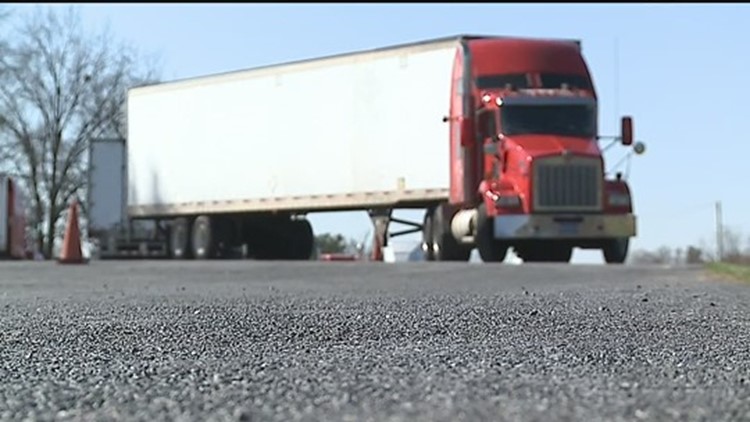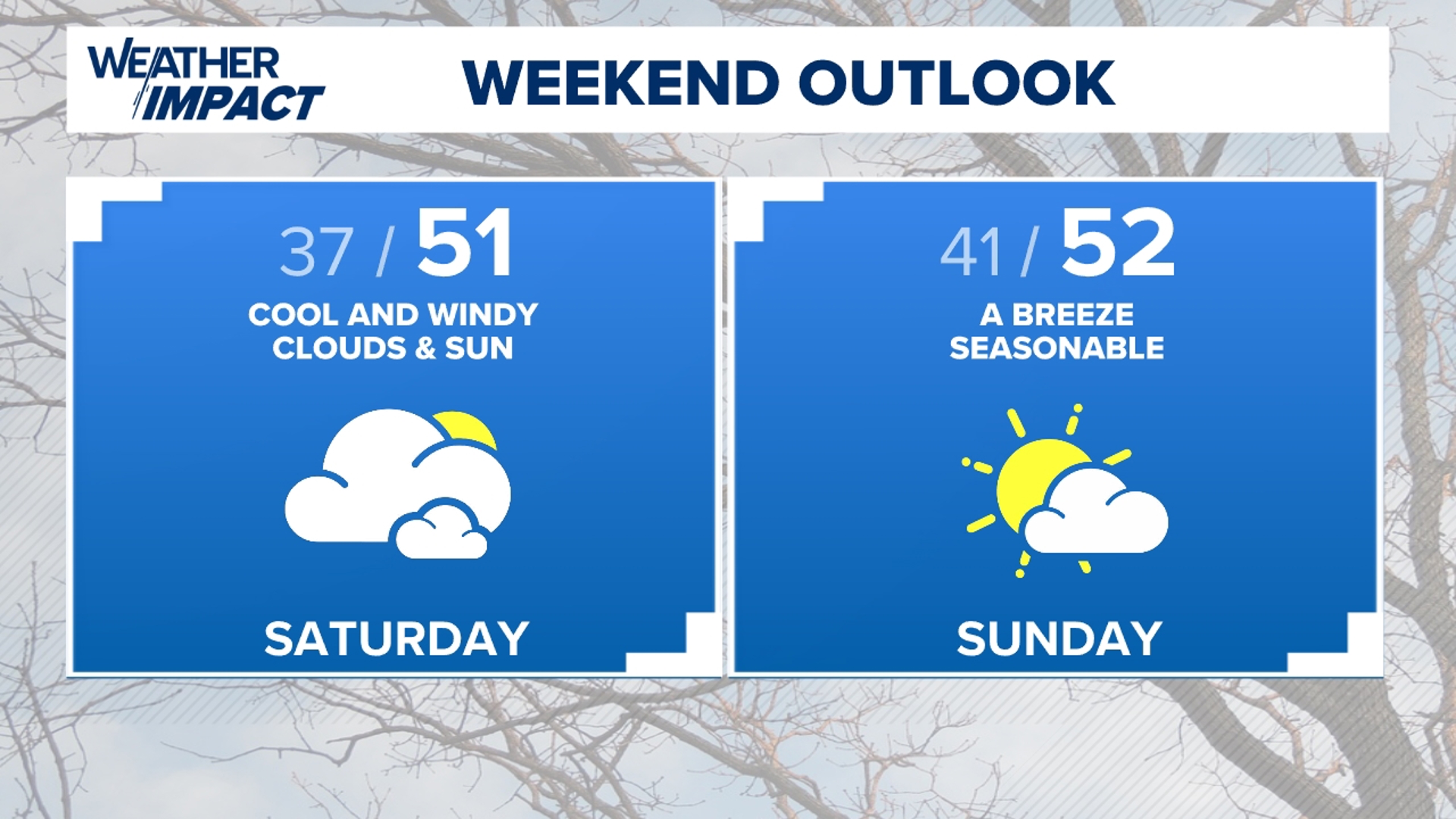YORK, Pa. — According to the national tanker truck carriers association, about 20% to 25% of tanker trucks are parked due to lack of qualified drivers. That means fewer tankers transporting fuel to gas stations.
The biggest issue the Pennsylvania motor truck association says it’s seeing is finding and keeping those qualified drivers.
The association says there are two main concerns they saw this past year that really made things more challenging for the industry.
"The two trends that I think we saw come together last year were the pandemic actually slowed training and testing," said the President of The Pennsylvania Motor Truck Association Rebecca Oyler.
Truck driving schools were also either shut down or operating at reduced capacity.
Some of the DMV offices were also closed, making it hard for drivers to get their license.
"So at the same time the other trend was that many older drivers who were at high risk during the pandemic left and didn’t come back," said Oyler.
Some of the efforts they hope to do include finding ways to recruit more younger people into the profession.
"The average age of a commercial truck driver is 55, so we need to talk about ways that we can get more young people involved and interested in driving truck because it is a rewarding career," said Oyler.
Tim Norlin from Roehl transport, a trucking company with locations in Pennsylvania says enrollment for the training program has been down about 60%.
"The pandemic has really caused a strain on our distribution network--truck drivers in particular," said Norlin.
Norlin says with more people getting vaccinated, they hope they will soon be able to fill that demand.
"With us, we hire them from day one, provide them pay, put them in hotels, feed them their meals, while they’re getting the training to become a commercial motor vehicle drive," said Norlin.
The American transportation research institute found that for the fourth year in a row, the driver shortage was listed as number one in critical issues in the trucking industry



